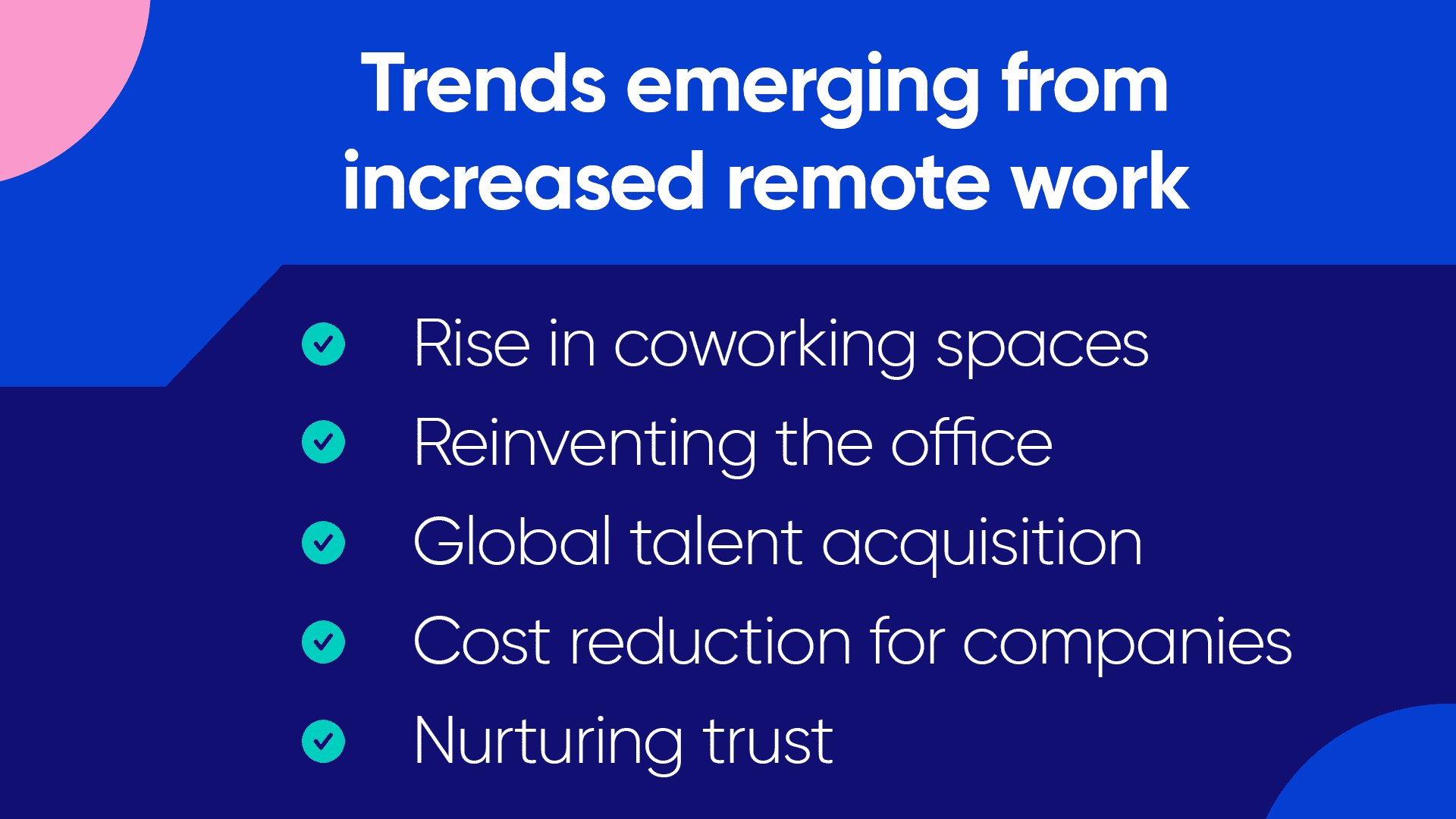
The growing skills gap in the workforce poses a significant challenge for businesses globally. Rapid technological advancements, automation, and the evolving nature of work have made it increasingly difficult for organizations to find employees with the necessary skills. To remain competitive and future-proof their operations, businesses are implementing various strategies to bridge this skills gap. Here’s how companies are addressing the skills gap in the workforce:
1. Upskilling and Reskilling Programs
One of the most direct ways businesses are tackling the skills gap is through upskilling (improving existing skills) and reskilling (training employees in entirely new skills) initiatives:
- Internal Training Programs: Companies are investing in comprehensive training programs to help current employees develop new competencies. These programs include workshops, online courses, and mentorship programs focused on critical are...

Businesses across various sectors are increasingly leveraging artificial intelligence (AI) and machine learning (ML) to drive innovation, improve efficiency, and gain a competitive edge. These technologies are transforming operations, decision-making, customer experiences, and even entire business models. Here’s how companies are integrating AI and ML into their operations:
1. Enhancing Customer Experience
One of the most widespread applications of AI and ML is in enhancing customer interactions. Businesses are deploying AI-driven tools to deliver personalized experiences, streamline support services, and anticipate customer needs:
- Chatbots and Virtual Assistants: AI-powered chatbots, like those used by companies such as Amazon and banks, handle customer inquiries 24/7, providing instant responses to common questions and assisting with basic tasks. These bots continuously improve through ML algorithms that learn from each...

The rise of remote work has fundamentally transformed how companies operate. The COVID-19 pandemic accelerated this shift, but it has since become clear that remote work is not just a temporary solution but a long-term change. Companies across various industries are adapting to this new reality by reevaluating traditional work structures, leveraging technology, and embracing flexible work models. Here’s how businesses are adapting to the rise of remote work:
1. Investment in Digital Infrastructure
One of the most critical steps in enabling remote work is investing in the right digital tools and infrastructure. Companies are adopting cloud-based platforms, collaboration tools, and secure communication systems to ensure smooth operations:
- Communication and Collaboration Tools: Platforms like Slack, Microsoft Teams, and Zoom have become essential for daily communication. These tools facilitate real-time collaboration, team m...

![Remote Work Productivity: Strategies and Tips for Success [2024]](https://cdn-jdbmd.nitrocdn.com/yEMHtyTSADNOgebFqynalakIQNihDGqu/assets/images/optimized/rev-1cca927/www.officernd.com/wp-content/uploads/2023/06/word-image-24771-4.png)
Adapting to the Remote Work Revolution
The traditional office is undergoing a seismic shift.
The rise of remote work has forced companies to rethink their operations, culture, and technology. To thrive in this new era, businesses are adopting innovative strategies.
One of the most critical adaptations is the embrace of technology. Cloud-based platforms and collaboration tools have become indispensable for maintaining productivity and connectivity. Video conferencing, project management software, and instant messaging have replaced face-to-face interactions, fostering seamless communication and teamwork. Additionally, companies are investing in cybersecurity m...
Leveraging Artificial Intelligence and Machine Learning
Artificial intelligence (AI) and machine learning (ML) are reshaping industries,
and businesses are increasingly adopting these technologies to gain a competitive edge. These powerful tools are being used to optimize operations, enhance customer experiences, and drive innovation.
One of the most significant applications of AI and ML is in data analysis. Businesses are generating vast amounts of data daily, and extracting valuable insights from this information is crucial. ML algorithms can analyze complex datasets to identify patterns, trends, and correlations that would be difficult for humans to uncover. This enables businesses to make data-...
